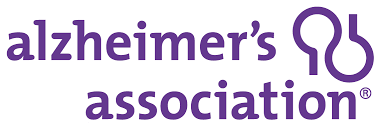Albert Einstein College of Medicine Receives $4.2 Million NIH Grant to Discover Novel Markers of Early Alzheimer’s Disease
Albert Einstein College of MedicineDiagnosing Alzheimer's disease can be a complex and time-consuming process, requiring evaluations ranging from brain scans to cognitive and lab tests to reviews of medical history and symptoms. Simpler and faster ways to diagnose the disease are urgently needed. Researchers at Albert Einstein College of Medicine have been awarded a five-year, $4.2 million National Institutes of Health (NIH) grant to detect behavioral markers for Alzheimer’s that are present early in the course of the disease, before it can be clinically diagnosed. Results could help scientists identify people at risk for Alzheimer’s and related problems, such as falls, and lead to new preventive strategies.







_RGB Blue20230706101098.jpg&width=400&height=400)
























